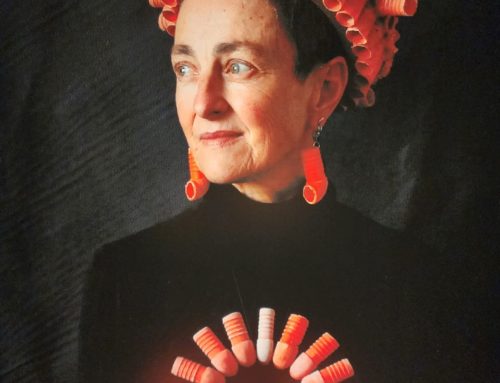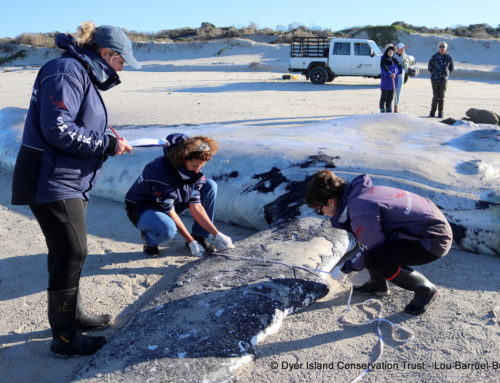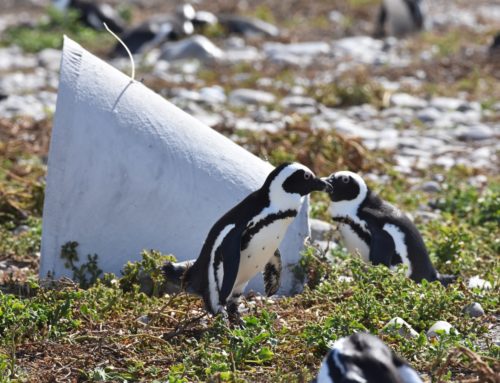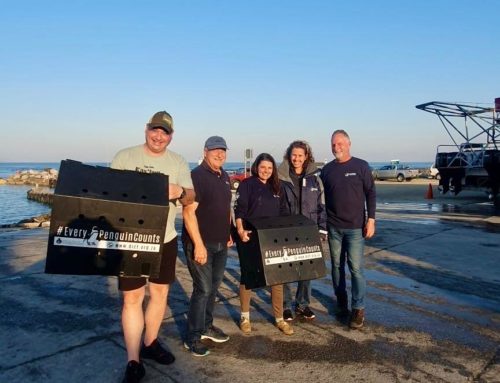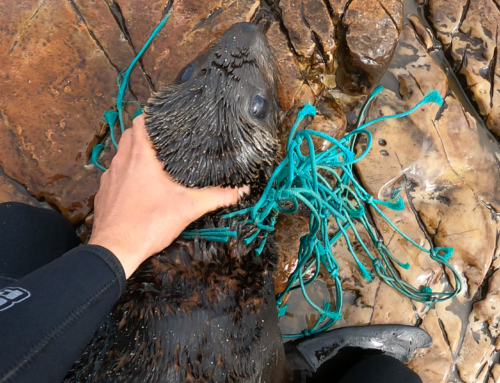On Friday 24th of February, the second batch of dead sharks (post Orca predation) were necropsied at the Marine Dyanmics Academy lodge, lead by PhD candidates Alison Towner and Ralph Watson. This brought the total number of sharks from the Sunday Pearly Beach interaction to 18 sharks, seventeen of which were Sevengill sharks (Notorynchus cepedianus) and one a small spotted Gully shark (Triakis megalopterus).
“It is fascinating to see the way these sharks have been handled by the orcas, in this case, similar to the first necropsy, every shark had really clear orca tooth impressions known as rake marks on them” said Alison Towner. “I have necropsied all the white sharks killed by this pair and while rake marks were present they were not as clear, this could be down to different handling and gripping techniques by the orcas or that sevengills have softer skin more conducive to showing the tooth impressions”.
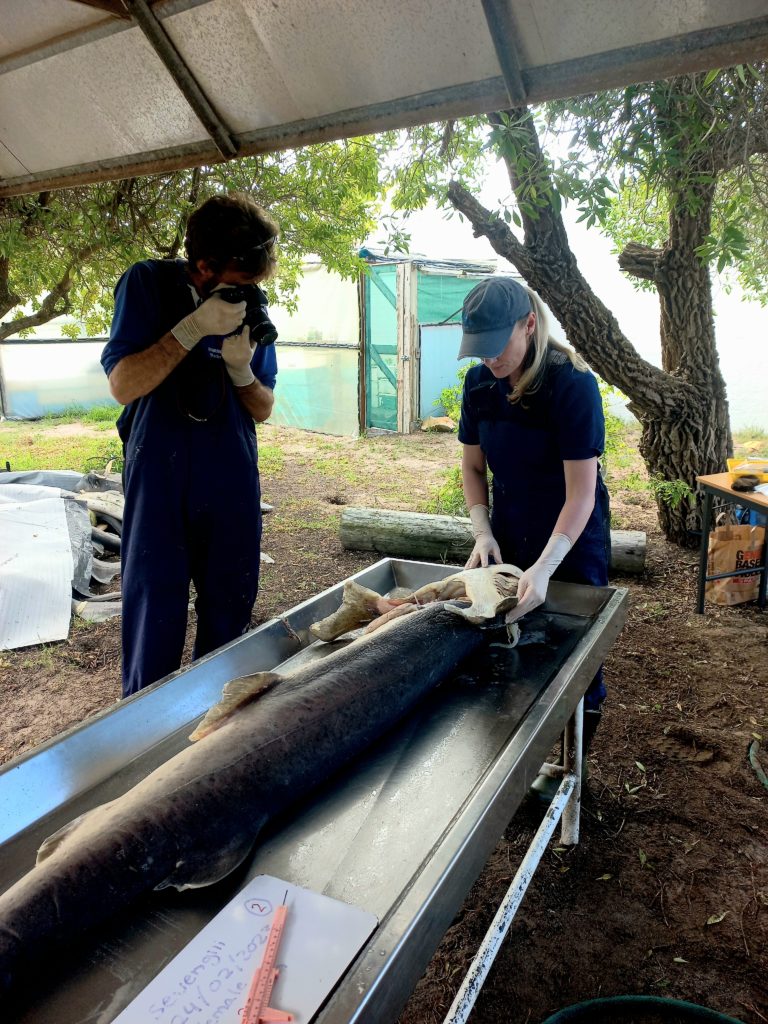
Out of the 18 sharks retrieved, all but one sevengill shark was torn open and missing the liver, and most of them had their stomachs missing too. Those that did have stomach contents had consumed bony fish, and Cape fur seal. Sevengills sharks consume Cape fur seal as prey, whether this is through scavenging or direct predation still remains to be confirmed.
Watson completed his PhD on smaller endemic shark species in South Africa. The male Spotted Gully shark was less than 1 meter long and was missing its head and its liver. It too had visible rake marks on its body, very similar to the sevengills. “This is the first time we have confirmed the orcas to prey on this species and shows they are capable of handling smaller sharks than we thought” Said Watson. “Thanks to the staff and volunteers who helped with the big task of retrieving the sharks and assisted with necropsying them: Marine Dynamics, South African Shark Conservancy, White shark Diving Company and White Shark Projects’.
The orca pair as of this morning have been confirmed off Mossel bay, some 300km East of Pearly Beach and Gansbaai.

